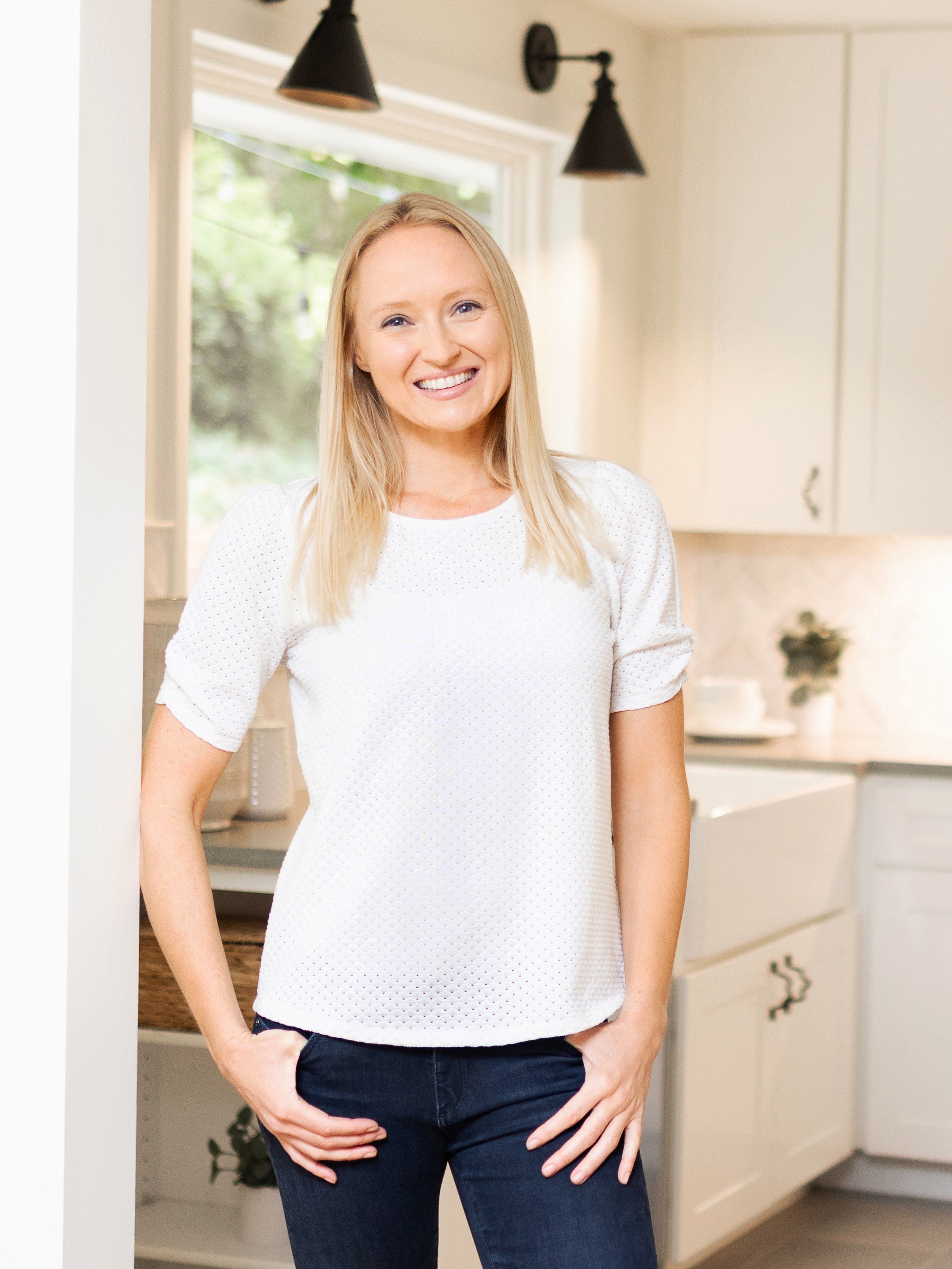Things to Look For in Older Homes
When it comes to purchasing a home, the allure of an old house—complete with charm and detail—is hard to resist. However, it's essential to be mindful of the potential pitfalls and hidden costs associated with buying an older property. This guide will help you navigate the process of buying an old house, focusing on what to look out for and how to budget for potential renovations.
The Appeal of Older Homes
Older homes, particularly those built between 1900 and 1950, have a certain appeal. They often boast durable building materials, such as brick exteriors and hardwood floors, that have stood the test of time. These homes have a solid structure, but certain components often need replacement or updating.
Potential Issues with Older Homes
When considering buying an old house, it's crucial to be aware of the potential issues that may not be immediately visible. For instance, while a remodeled kitchen or bathroom may look attractive, the plumbing and electrical systems behind the walls might be outdated.
Plumbing
Original plumbing can become problematic over time. Cast iron pipes, and in some cases even copper, can become prone to leaks as they age. It's important to ascertain whether the plumbing throughout the house has been replaced or updated.
Electrical Systems
Electrical systems in older homes can range widely in condition. Outdated or unsafe materials, ungrounded outlets, or cloth-covered wiring can pose safety risks and may need to be replaced or evaluated by a licensed electrician.
Windows
While original windows can add to the historic charm of an older home, they may not be the most energy-efficient or functional if they haven't been well maintained. Replacing windows can be an expensive endeavor, especially if they're not standard sizes.
Waterproofing
Older homes were built differently than modern ones, particularly in terms of basement construction. Depending on the soil in the area, it may be necessary to install waterproofing systems to prevent water intrusion, which can be a costly improvement.
Budgeting for Renovations
When buying an old house, it's important to budget for potential renovations. You don't want to purchase a home thinking it's move-in ready, only to discover that it's going to cost you thousands of dollars to update things you hadn't planned on.
Conclusion
Buying an old house can be a rewarding experience, filled with the charm and character that newer homes often lack. However, it's essential to be aware of the potential issues and costs associated with older homes. With careful inspection and budgeting, you can find a home that's not just a place to live, but a piece of history to cherish.
Don’t go it alone.
Our team has the local expertise and experience you need. We’ll find you a home you’ll love at the right price on your timeline.




.jpg?w=128&h=128)